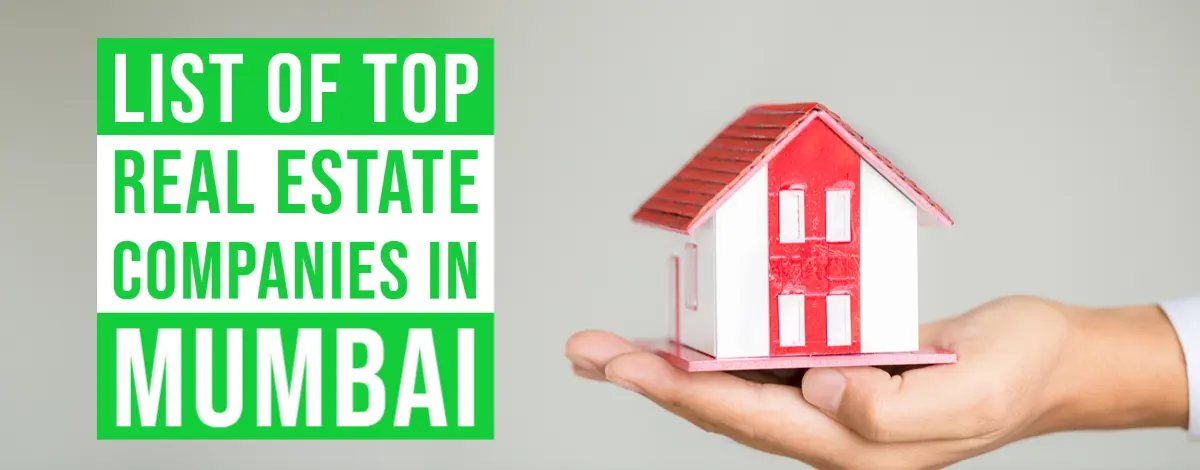Land and other property investments are growing in popularity as more and more Indians devote an extensive amount of money to real estate, whether for personal or business reasons. When purchasing land or other property, individuals invest their whole life’s wages and capital, hence it is imperative to perform legal research on the property. The buyers benefit from being shielded from counterfeiting and deception.
Anyone can purchase real estate for any purpose, material or immaterial. When a person owns the property, the owner has complete flexibility to utilize, sell, or lease it as they likes. The deal between the buyer and seller is crucial, and it needs to be taken care of to avoid problems later on.
Property Verification: What Is It?
The method of confirming a property’s lawful legitimacy and right of ownership is property verification. It entails determining if the property is lawful, taking into account ownership information, constraints, and any related legal conflicts. When purchasing or selling a property, it is crucial to carry out property confirmation to make sure there are no liens, loans, or other legal issues preventing the property from being properly passed to the purchaser. Usually, a lawyer or other legal expert with experience in real estate deals handles the property verification procedure.
The Significance of Property Verification
Property verification is important for sellers as well as purchasers. Some of the factors that make property verification crucial are as follows:
Check Ownership:
Property verification guarantees that the seller possesses the authority to sell the property and proves the process of the property.
Prevent Lawsuits:
Property verification can avoid potential legal issues and complexities, such as inheritance conflicts, mortgages, or other constraints.
The factual accuracy of property records:
The process of property verification aids in confirming the legitimacy of records related to the property, including title deeds, sale agreements, and gift deeds.
Prevent Monetary Losses:
By guaranteeing that the property is clear of any liens or legal issues that could cause economic responsibility, property verification serves to protect the purchaser from damage to their finances.
Procedures for Property Verification:
Someone wishing to do an authorized verification of a property can receive assistance from a property specialist or a legal professional. For 12 or 30 years, the attorney will submit an account with the sub-office registrars.
After the verification of this paperwork and the attorney’s accessibility to the supporting documentation, they cross-check each one to validate the land ownership change and sale. The attorneys review the rights of the seller and attest to the payment of stamp duty.
Even though the legal verification process can be challenging and time-consuming, it is essential to ensure that a home loan arrangement closes effectively. It seems that this is how the process works.
Also Read: A Comprehensive Look at the Benefits of Real Estate Investments
The borrower initiates the process by submitting paperwork
The person must submit the initial version of the buying contract, property tax bills, and construction drawings or designs.
The candidate may submit copies of relevant paperwork when submitting the request; however, the initial paperwork, sealed as needed, must be presented by the applicant during the formal verification on the applicant’s premises.
After that, the lender opens an inquiry into the matter. A group of experts, including attorneys, will examine NOCs, title documents, and other documentation.
The procedure of legal verification consists of two steps. Once the title report has been produced, examine the property.
Technical verification is essential to check the physical condition of the property before authorizing the loan. Professionals come by to look over the property. The results evaluate the property so that the loan appropriately reflects its value.
Also Read: Everything Know About RERA Approval And Registration
Documents needed for the property’s formal verification:
The legal validation of real estate requires multiple documents. Which are:
Sale or Deed of Sale Act:
Without a doubt, this is the most significant document involved in the buying and selling of real estate. It is the initial record and needs to be proven as such since it proves title ownership of the property. The land has been filed with a sub-registrar in the location where it is.
Sales contract:
The contract of sale contains information on every facet of the property, including the rules and regulations, deadlines for buying and selling, clauses, payment methods, amounts, etc. This paperwork is necessary when applying for a mortgage and when purchasing a home.
Power of attorney (POA):
The first version of documentation certifying the owner’s representation must be presented when somebody chooses to act on their behalf. This is legally necessary to buy and sell specific properties.
Will:
An owner of the property can express their motives in a legally enforceable document called a will. Their names are stated, along with the executor’s title and complete authority of action regarding their property settlement.
Partition titles and uncontested actions, if accessible, are also required for a property’s legal legitimacy.
Also Read: The Complete Guide to Owning Freehold Property
Document arrangement for land:
Title to Property:
All data regarding who owns the property can be found with the sub-office registrar.
Mortgage documentation:
The purchaser has to be informed of any mortgages and have their legality confirmed.
Document of Encumbrance:
If an asset of property is released from an encumbrance, a document of encumbrance is generated.
Current tax collections and bills:
The latest bills and tax receipts must be supplied with the original documentation.
Khata certification:
Additional documentation can be essential, depending on the state, situation, and property being discussed.
Benefits of Verifying Property Information:
The owners benefit from multiple advantages when their property has legal verification. Additionally, they are:
A property’s authorized verification is an alert and evidence that it is free of any pending lawsuits or legal issues relevant to the purchase.
The legal authentication of the property makes it simple to obtain loans against it.
The legal verification of the property provides the required assurance that the seller can close a deal on the property since he is the owner of the title.
If the seller has investigated the property’s validity, eliminate any compelled or fraudulent paperwork or acts.
In many cases, the same vendor who falsifies documentation to deceive clients handles transactions involving the same property. This can be prevented if the legal verification of a property is done correctly; in the event of deception, legal assistance must be sought.
Avoid any inaccurate details on properties during loans and mortgages when the property is officially checked.
A lawyer’s contribution to property verification
An advocate or lawyer is essential to the property verification procedure. They are property-transaction-focused legal specialists with the know-how to recognize and reduce any potential legal hazards connected to a property. Certain of the functions and duties of an advocate or lawyer in the property verification procedure include the following:
Examine the following legal documents:
To verify their legitimacy and compliance with laws regarding property, the attorney or advocate will go over each official record about the property, such as the title deed, sale deed, and other necessary paperwork.
Check Ownership:
The attorney or advocate will confirm the person who owns the evidence, including the seller’s authority to sell.
Verify Any Obligations:
An attorney or advocate will look into any loans, mortgages, or other unpaid bills that could put the prospective purchaser in financial jeopardy.
Act Lawfully, Activity and Proper investigation:
To make sure there are no legal issues or challenges with the property, the attorney will perform a proper investigation.
Create and examine Agreements:
The selling deed, leasing agreement, and other pertinent paperwork are among the agreements that the attorney or advocate will prepare and examine in connection with the real estate transaction.
Finish the property’s registration.
To make sure that the official transfer of property title is there accurately and legitimately, the attorney or advocate will be present during the property registration step.
Give legal counsel:
Regarding legal matters about the real estate deal, the buyer or seller will receive legal assistance from the attorney or advocate.
Final words:
A person should read over all the supplied documents and provisions and verify before entering into any trade or arrangement, and the lawfulness of any property. This reduces the possibility of danger and impending conflict. A layman may consider getting legal counsel on these matters because they may not be familiar with various legal documents and regulations.
Frequently Asked Questions on Indian Property Verification:
The method of confirming a property’s lawful legitimacy and right of ownership is property verification. It entails determining if the property is lawful, taking into account ownership information, constraints, and any related legal conflicts. When purchasing or selling a property, it is crucial to carry out property confirmation to make sure there are no liens, loans, or other legal issues preventing the property from being properly passed to the purchaser.
Because it will prevent both buyers and purchasers from unwanted legal problems.
Deed of Sale, Sales contract, Power of attorney, and Will.
1. It is free of any pending lawsuits.
2. The legal authentication of the property makes it simple to obtain loans against it.
3. Eliminate any compelled or fraudulent paperwork.
4. The legal verification of the property provides the required assurance.
Ownership checking, verifying of any obligation, act of lawful activity, and proper investigation and examination of agreement.




